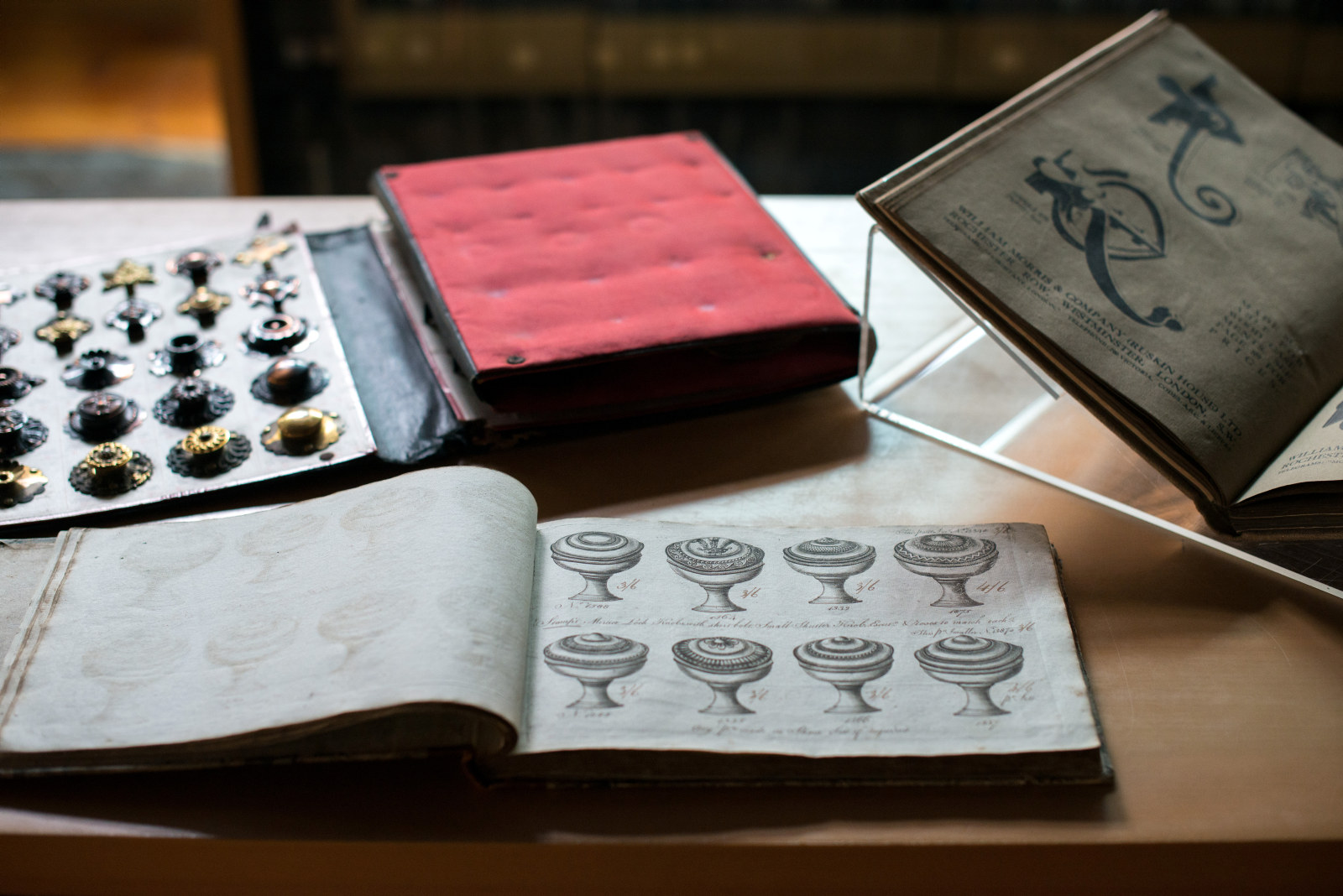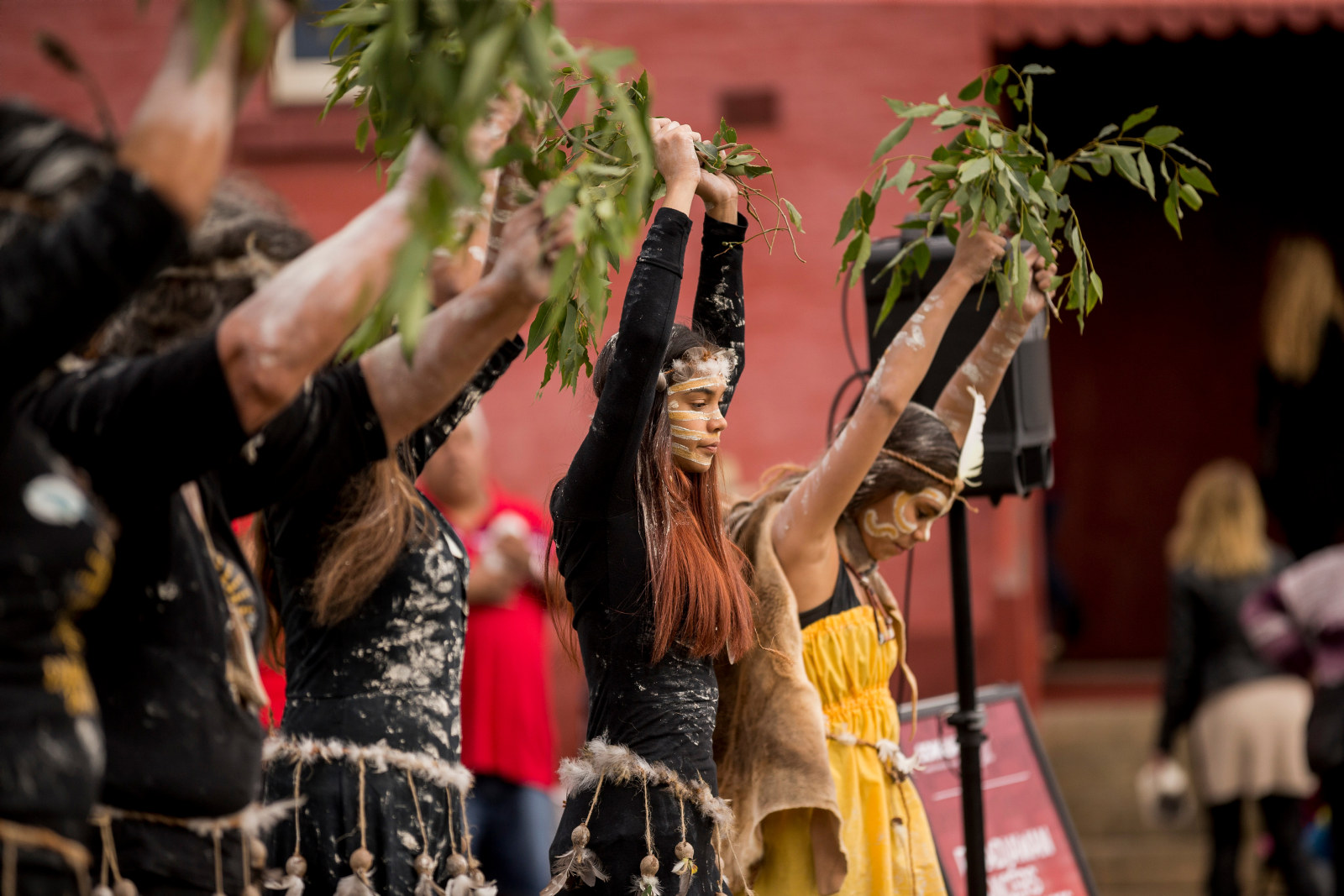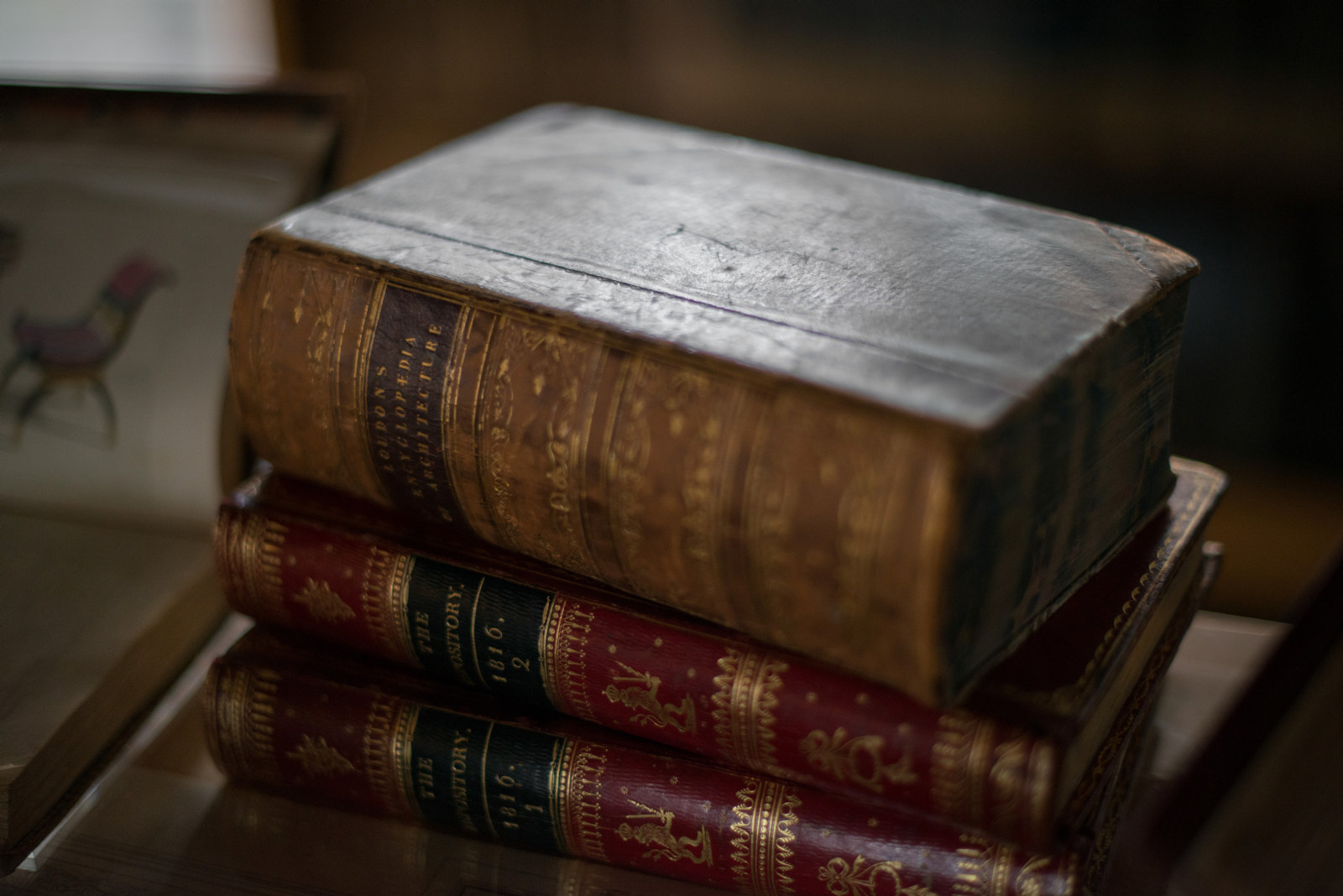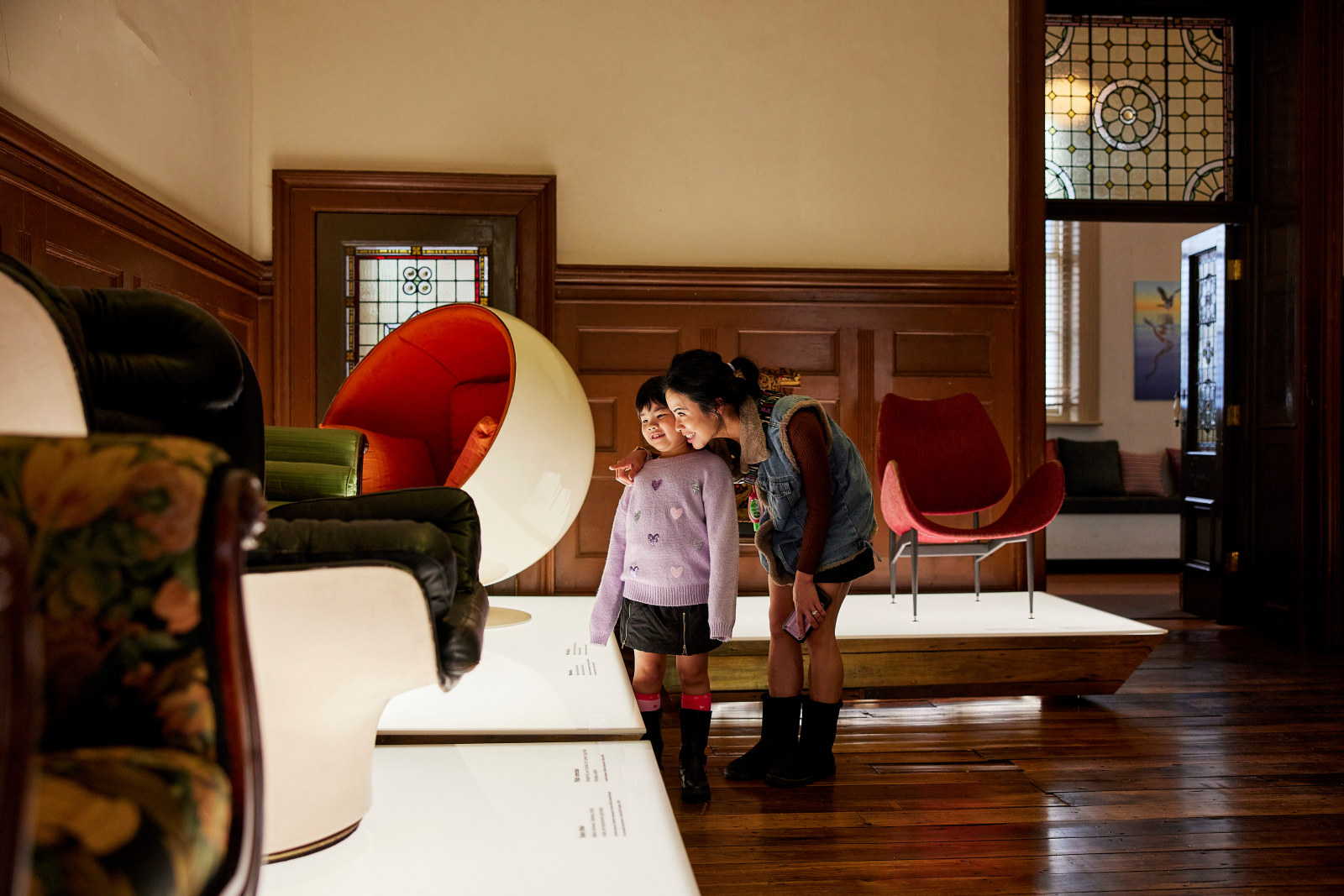Bequests
Leaving a bequest to Museums of History NSW is a generous way to make a lasting contribution and an extraordinary gift that will help bring history to life for the benefit of future generations.
Bequests allow us to further develop immersive educational programs that engage young people with our history; fund ongoing preservation and conservation work on our sites; and assist with the digitisation of our collections and archives, ensuring invaluable and significant items and documents can be saved and viewed nationally and globally.
Bequests ensure the integrity, authenticity and longevity of the work undertaken by Museums of History NSW and are an enduring tribute to the generosity and vision of our loyal supporters.
How can you leave a legacy?
Anyone can choose to leave a bequest to Museums of History NSW in their will. A bequest can be created in the following ways:
- a sum of money that is unrestricted and allows Museums of History NSW to direct the funds where they are needed most
- a percentage of your estate
- shares or other endowments.
We recommend that you always discuss your plans with your family and seek independent legal advice to ensure that you are completely happy with the terms of your bequest.
For suggested wording please contact the philanthropy office.
How we recognise bequests
On informing us that you have left a bequest to Museums of History NSW, you will be invited to join the Governors’ Circle. As a valued member of this group, you will have the following opportunities to deeply engage with our work:
- curator-led viewings of our exhibitions, collections and properties
- invitations to exhibition openings
- behind-the-scenes tours
- introducing a circle of friends to Museums of History NSW through a curator-led viewing of a chosen collection or property.
With your permission, we will recognise your bequest notification across our publications and website. However, privacy is always respected so please inform us if you prefer to remain anonymous.
Contact us
Philanthropy
T: +61 2 8239 2273
E: donate@mhnsw.au
Examples of past legacies

Caroline Simpson Collection
The library was renamed in honour of Caroline Simpson OAM (1930-2003), after her outstanding collection of Australian colonial furniture, pictures and objets d’art was donated to the Historic Houses Trust of NSW and an endowment established in her memory. This generous gift has served as the cornerstone for establishing Australia’s leading interiors and gardens library and is named the Caroline Simpson Library & Research Collection, in her memory, recognising the importance of the gift by her children

The Ruth Pope Bequest
Ruth Pope – a long time member of ADFAS, frequent visitor to our properties, and lover of history, education, travel, archaeology and silver – left a generous and unrestricted bequest to Sydney Living Museums (now Museums of History NSW). This bequest has been used to assist with our Aboriginal Community Engagement Partnership, employment of our first co-ordinator of the Aboriginal Interpretation Program, as well as international engagement and professional exchange

The Richard Clough Gift
Professor Richard Clough (1921–2014), landscape architect, academic and collector, presented his outstanding collection of books on the history of Australian gardens, gardening and gardeners to Sydney Living Museums (now Museums of History NSW). Richard’s gift was transformational, giving a depth and breadth to our existing garden history holdings and providing a foundation for the accelerated development of our collection

